SGGPO
Deputy Prime Minister Tran Hong Ha has just signed Decision 500/QD-TTg of the Prime Minister approving the National Power Development Plan for the 2021-2030 period, with a vision to 2050 (Power Plan VIII).
The VIII Power Plan aims to firmly ensure national energy security, meet the requirements of socio- economic development and industrialization and modernization of the country. Successfully implement equitable energy transition associated with production modernization, build smart grids, manage advanced power systems, in line with the world's green transformation trend, reduce emissions, and develop science and technology. At the same time, form a comprehensive energy industry ecosystem based on renewable energy and new energy.
In particular, regarding the goal of ensuring national energy security, the planning identifies the goal of providing enough electricity for domestic demand, meeting the socio-economic development target with an average GDP growth rate of about 7%/year in the period 2021-2030, about 6.5-7.5%/year in the period 2031-2050; ensuring safe and reliable electricity supply. By 2030, it is expected that 50% of office buildings and 50% of private houses will use self-produced and self-consumed rooftop solar power (serving on-site consumption, not selling electricity to the national power system).
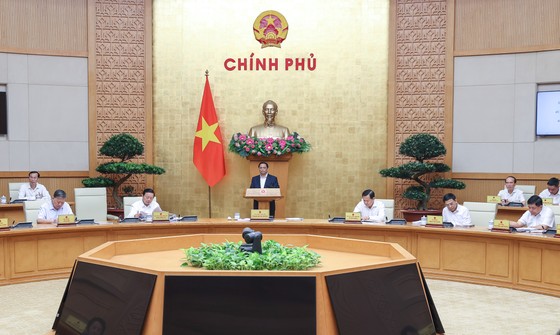 |
The Government has approved the National Power Development Plan for the 2021-2030 period, with a vision to 2050. |
For a fair energy transition, the Power Plan VIII aims to strongly develop renewable energy sources for electricity production. By 2050, the renewable energy ratio is expected to reach 67.5-71.5%; greenhouse gas emissions from electricity production will be controlled to reach about 204-254 million tons in 2030 and about 27-31 million tons in 2050.
Regarding the development plan, the plan clearly states to accelerate the development of electricity sources from renewable energy (wind power, solar power, biomass power, etc.), continue to increase the proportion of renewable energy in the structure of electricity sources and electricity production. At the same time, exploit the maximum potential of hydropower sources (Vietnam's total potential is about 40,000 MW) on the basis of ensuring the environment, protecting forests, and securing water resources. Study and selectively expand existing hydropower plants for reserve capacity; exploit hydropower on irrigation lakes and reservoirs to take advantage of hydropower resources.
For coal-fired thermal power, the Plan clearly states that only projects that are included in the revised Power Plan VII and are being invested in and built until 2030 will be continued. The orientation is to convert fuel to biomass and ammonia for plants that have been in operation for 20 years when the cost is suitable. Stop operating plants that are over 40 years old if they cannot convert fuel. The orientation is that by 2050, coal will no longer be used for electricity generation, and fuel will be completely converted to biomass and ammonia.
With gas-fired power, priority is given to maximum use of domestic gas for power generation.
According to the plan, the 2021-2030 period estimates the total investment capital for developing power sources and transmission grids to be equivalent to 134.7 billion USD; the 2031-2050 period estimates the investment capital demand for developing power sources and transmission grids to be equivalent to 399.2 - 523.1 billion USD, of which investment for power sources is about 364.4 - 511.2 billion USD, and power transmission grid is about 34.8 - 38.6 billion USD, which will be determined in the following plans.
The Government requested the Ministry of Industry and Trade to preside over the submission to the Government of the amended Electricity Law and the Law on Renewable Energy to be submitted to the National Assembly in 2024. Submit to the Government policies on direct electricity purchase and sale.
The People's Committees of provinces and cities shall organize the selection of investors for power projects, arrange land funds for the development of power works according to the provisions of law; preside over and closely coordinate with investors to carry out site clearance, compensation, relocation and resettlement for power source and grid projects according to regulations.
Source


![[Photo] The 5th Patriotic Emulation Congress of the Central Inspection Commission](https://vphoto.vietnam.vn/thumb/1200x675/vietnam/resource/IMAGE/2025/10/27/1761566862838_ndo_br_1-1858-jpg.webp)
![[Photo] Party Committees of Central Party agencies summarize the implementation of Resolution No. 18-NQ/TW and the direction of the Party Congress](https://vphoto.vietnam.vn/thumb/1200x675/vietnam/resource/IMAGE/2025/10/27/1761545645968_ndo_br_1-jpg.webp)


![[Photo] National Assembly Chairman Tran Thanh Man receives Chairman of the House of Representatives of Uzbekistan Nuriddin Ismoilov](https://vphoto.vietnam.vn/thumb/1200x675/vietnam/resource/IMAGE/2025/10/27/1761542647910_bnd-2610-jpg.webp)

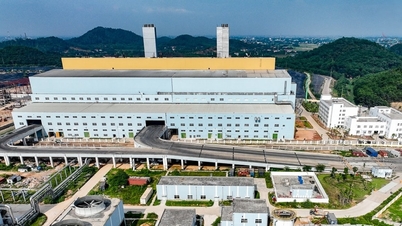

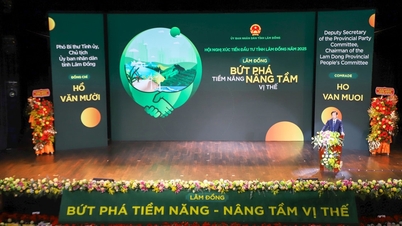

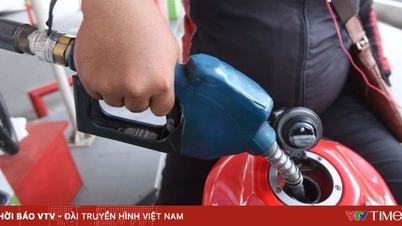









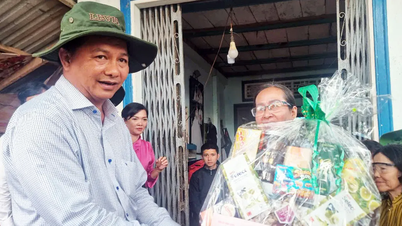
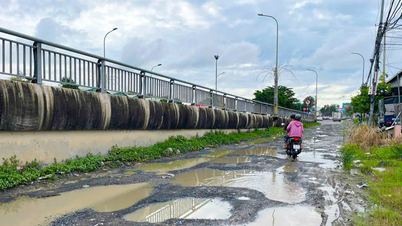

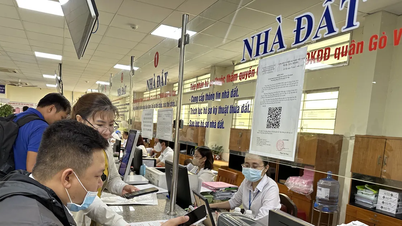
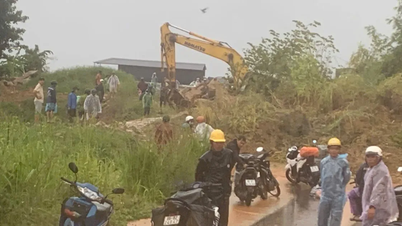
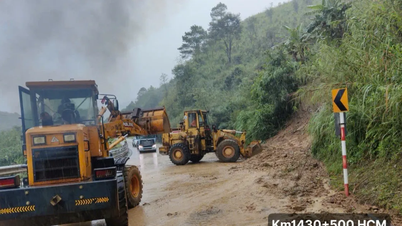
























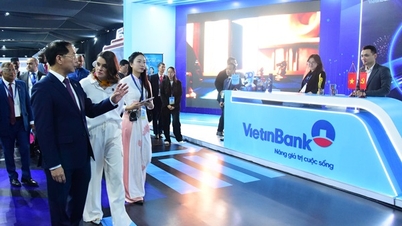












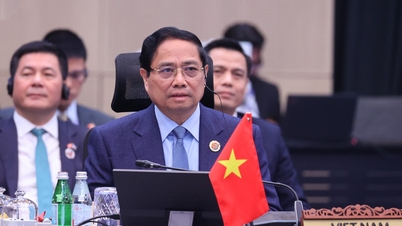








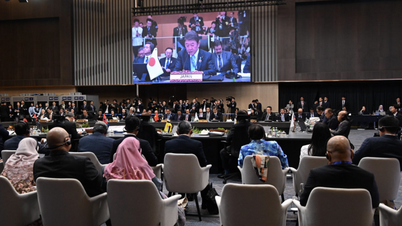



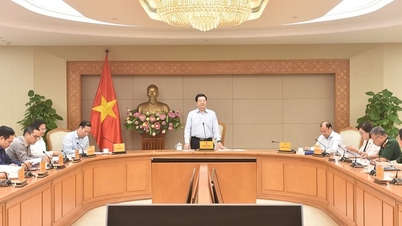

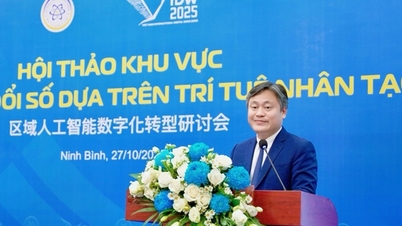
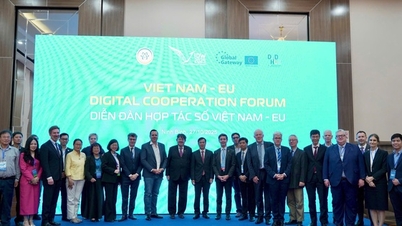
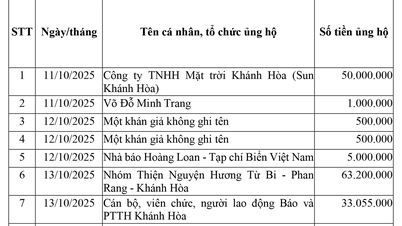

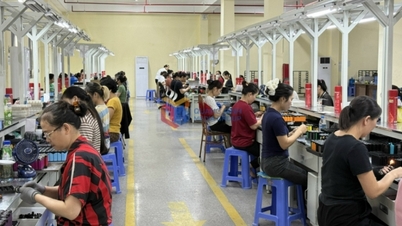





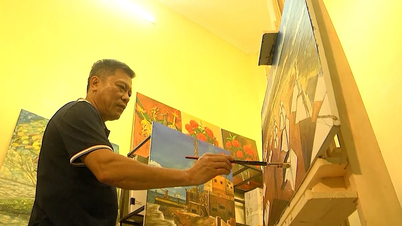
















Comment (0)